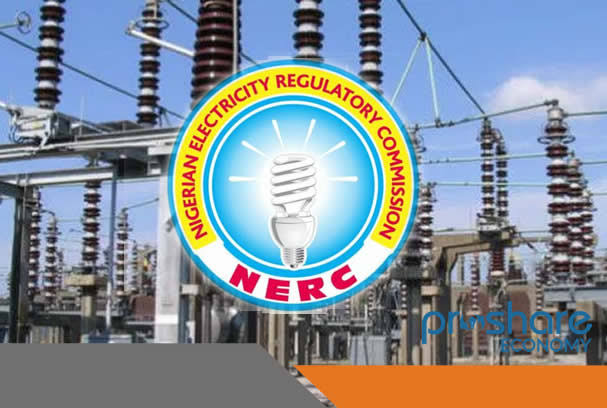The Nigerian Electricity Regulatory Commission (NERC) reported a concerning surge in electricity-related accidents during the first three quarters of 2024, painting a grim picture of safety standards within the nation’s power sector. A total of 174 accidents were documented, a stark 38% increase compared to the 126 incidents reported during the same period in 2023. This escalating trend underscores the urgent need for enhanced safety measures, stricter regulatory compliance, and a comprehensive reassessment of operational practices within the industry. The data reveals a fluctuating pattern, with 55 accidents in the first quarter, rising to 63 in the second, and slightly decreasing to 56 in the third. Despite this minor improvement in the third quarter, the overall upward trajectory remains alarming and necessitates immediate intervention.
The human cost of these accidents is equally distressing. The number of injuries slightly increased from 72 in 2023 to 76 in 2024 during the corresponding nine-month periods. However, the increase in fatalities is even more alarming, rising from 79 to 86, an 8.9% jump. This represents a considerable loss of life and emphasizes the gravity of the safety crisis. The second quarter of 2024 witnessed the highest number of fatalities, with 34 deaths reported, compared to 23 in the first quarter and 29 in the third. Injury figures also fluctuated considerably, decreasing from 31 in the first quarter to 17 in the second, and then surging to 28 in the third. This variability highlights inconsistencies in safety implementation and underscores the need for sustained and consistent safety protocols.
NERC attributes these accidents, injuries, and fatalities to a combination of factors. Illegal and unauthorized connections, unsafe electrical practices and conditions, wire snaps, vandalism, explosions, and electrocutions were all cited as contributing causes. Illegal connections and wire snaps, in particular, were identified as major contributors to the increased incident rate in 2024. These factors point to a complex interplay of technical deficiencies, inadequate public awareness, and potentially deliberate acts of sabotage. Addressing this multifaceted challenge requires a comprehensive strategy that encompasses technical improvements, community engagement, and stricter enforcement of regulations.
NERC’s quarterly reports highlight not only the grim statistics but also the commission’s efforts to monitor and improve safety performance within the Nigerian Electricity Supply Industry (NESI). The commission mandates monthly health and safety reports from licensees, in accordance with the Electric Power Sector Reform Act (EPSRA) of 2005, further reinforced by the Electricity Act (EA) of 2023, which emphasizes the provision of safe and reliable electricity to consumers. However, compliance with this reporting requirement remains an issue, with only 96 out of 99 expected reports received in the third quarter of 2024. NERC has expressed its commitment to enforcing 100% reporting compliance and applying sanctions where necessary, demonstrating a resolve to address this critical aspect of safety oversight.
Beyond data collection and reporting, NERC also plays a role in mediating compensation for victims’ families. In the third quarter of 2024, the commission oversaw the successful conclusion of three compensation negotiations between licensees and families of accident victims. This intervention ensures transparency in the settlement process and helps families receive fair compensation for their losses. While this provides some measure of redress, it underscores the tragic consequences of these preventable accidents. Preventing these incidents in the first place remains the paramount goal, requiring a concerted effort from all stakeholders.
To mitigate the risks and improve safety standards, NERC has advocated for a multi-pronged approach. The commission has urged Distribution Companies (DisCos) to take urgent steps to improve compliance with safety regulations. Public awareness campaigns are also crucial in educating the public about the dangers of unauthorized electrical connections and unsafe practices. Regular maintenance and timely repairs of electrical infrastructure are essential to prevent accidents caused by equipment failures and wire snaps. These initiatives, combined with robust regulatory oversight and enforcement, form the foundation for a safer and more reliable electricity sector in Nigeria. The ultimate aim is to create a culture of safety that prioritizes the well-being of both workers and the public.


